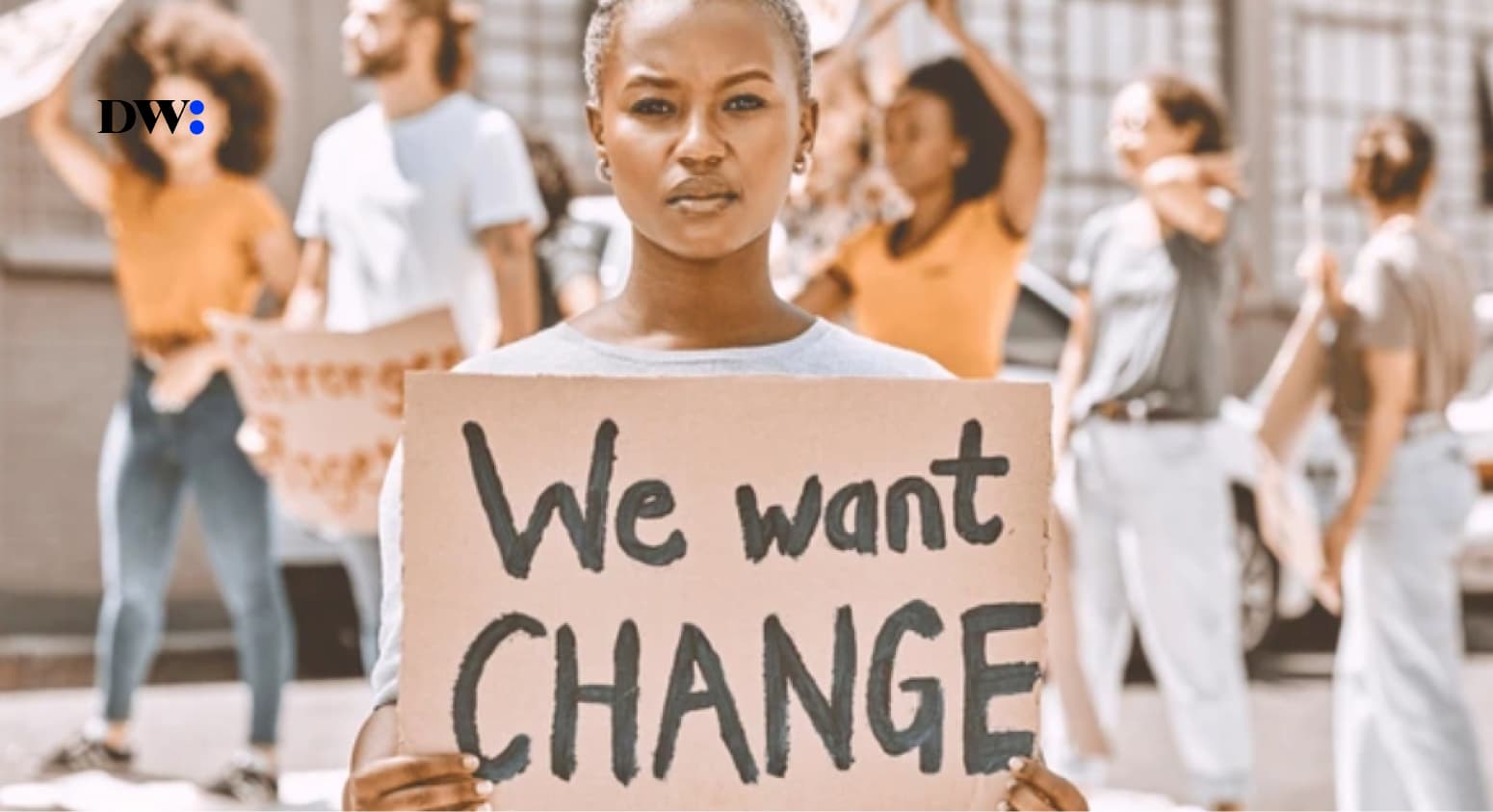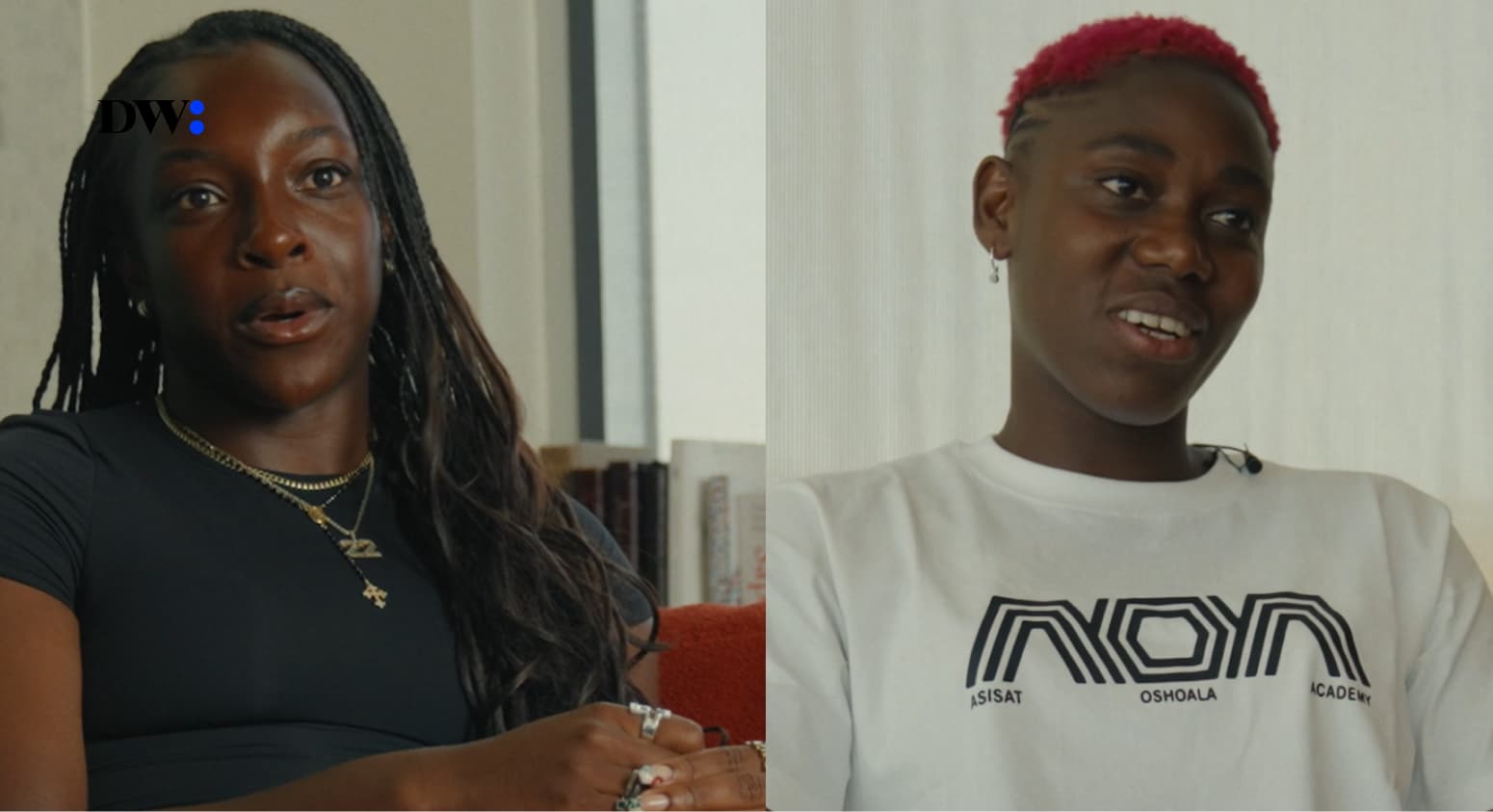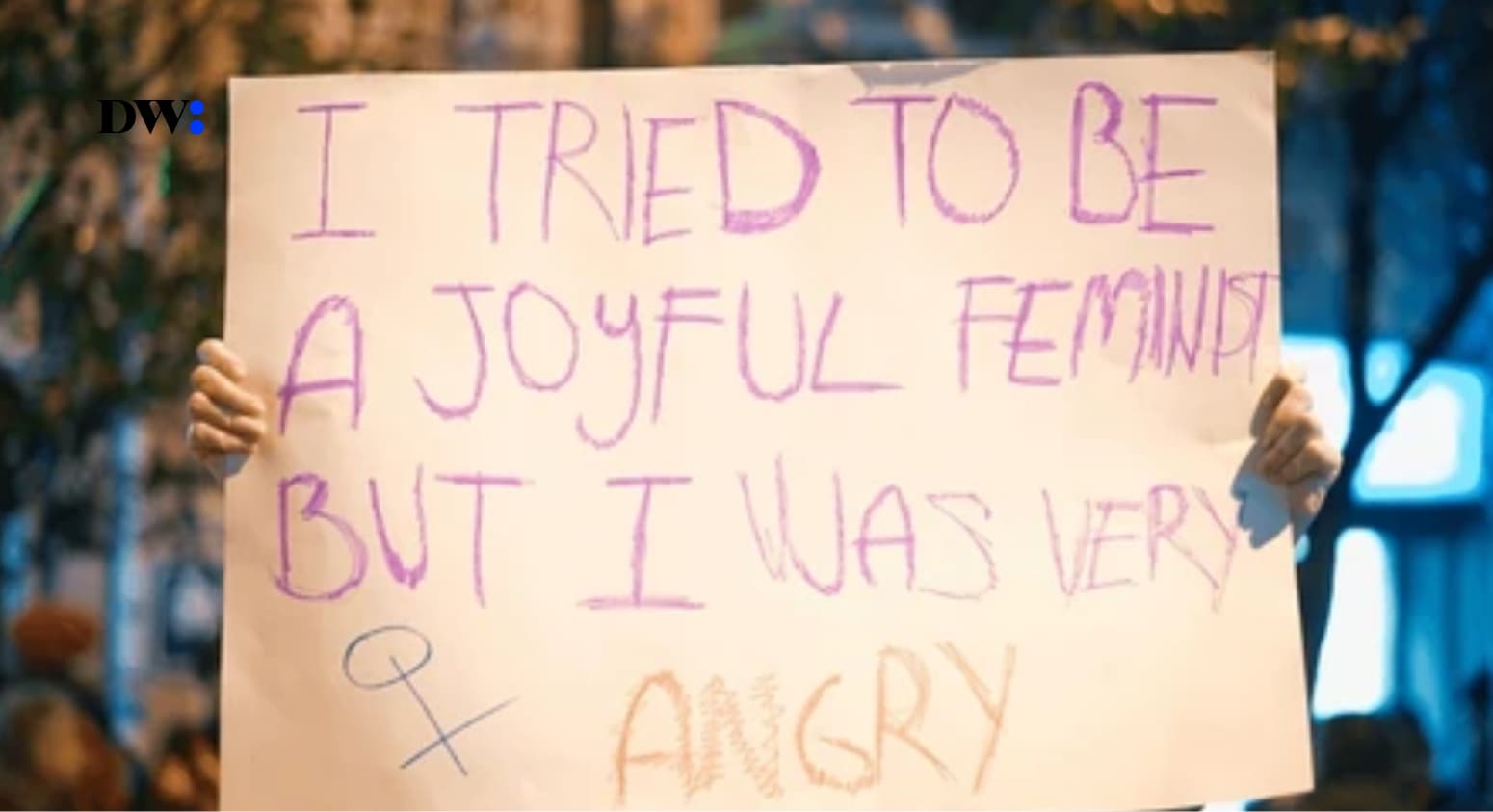Let’s start with Gambia.
Currently, the country’s lawmakers are considering reversing a 2015 ban on female genital mutilation (FGM). If this happens, Gambia will be the first-ever country in the world to reverse criminalizing FGM.
The men in the country’s male-dominated parliament cited religious and cultural reasons for considering repealing this law. What’s clear is that these men lack a full understanding of women’s experiences, leaving them without a real context regarding the pain and potential issues resulting from FGM.
A significant reason for this debate is misogyny, but it is also because Gambia, like many other African countries, lacks sufficient women’s representation in parliament. If more women were lawmakers, it’s likely that the decision to review the FGM ban would face more resistance from women lawmakers who understand the female experience.
This unfortunate situation in Gambia highlights the importance of increasing women’s participation in politics and governance. More often than not, a greater presence of women leads to more attention to women’s priorities.
In Nigeria, Africa’s most populous democracy, the situation is similar. The representation of women in local and national elections has been declining.
For context, in Nigeria’s 10th Assembly, out of 109 seats, women occupy only 3. In the Senate, women hold only 17 out of 360 seats. According to 2023 data from the Inter-Parliamentary Union (IPU), Nigeria lags behind many other sub-Saharan African countries, including Rwanda, Ghana, Senegal, South Africa, and Kenya.
The numbers are stark and indicate that much more work is needed to increase women’s political leadership.
So, what can the average person do from the comfort of their home to support women in governance and politics?
That’s the focus of the last episode in a new series by the I Like Girls podcast, a narrative storytelling show that documents the experiences of African women and the impact of their gender on their lives.
The episode offers recommendations and ideas for the average person to support and encourage more women to run for office. It also discusses the importance of having women in various elective positions.





